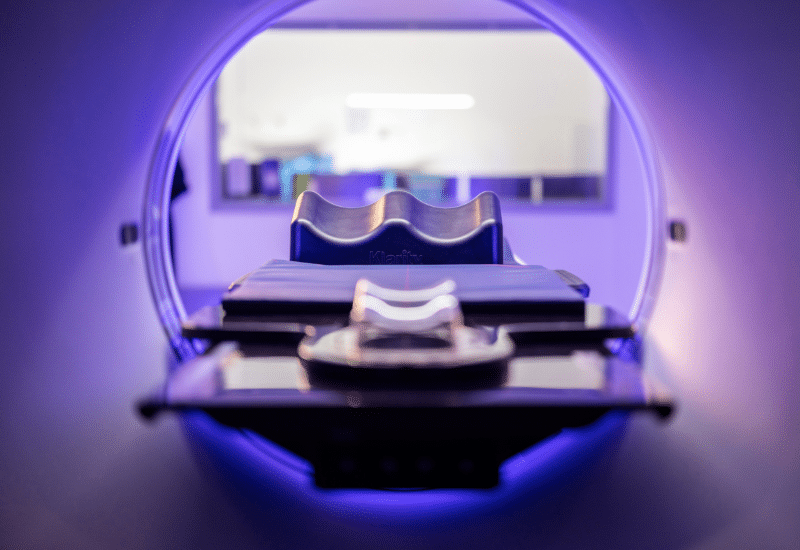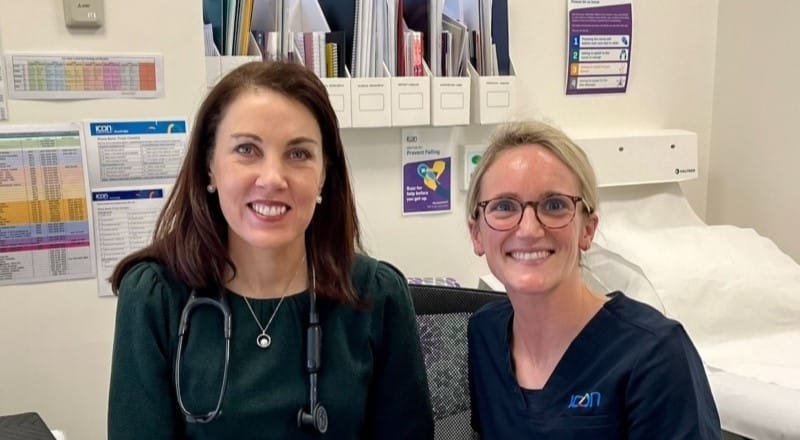From clinician to clinical trials
Duncan’s path to nursing began while backpacking in Australia. He took an introductory personal care course and started working in a nursing home. This hands-on experience sparked his passion for healthcare, leading him to pursue a nursing degree in Perth.
After graduating, Duncan worked as a registered nurse in the trauma, neurology, and orthopaedic wards at Royal Perth Hospital. Upon returning to the UK, a chance meeting with a research nurse led to a role at the Oxford Cancer Centre, where he began working closely with cancer patients participating in clinical trials.
As a research nurse, Duncan developed an interest in the research process, enjoying the blend of clinical care and the problem-solving involved in trial design. Returning to Australia, he naturally progressed along the research operations pathway, eventually overseeing multiple trials and coordinating studies at Peter MacCallum Cancer Centre.
Duncan’s clinical background has undoubtedly shaped his approach to research today. “You’re always thinking of the patient – what is going to make the patient journey as easy as possible while on a clinical trial,” he explains.


